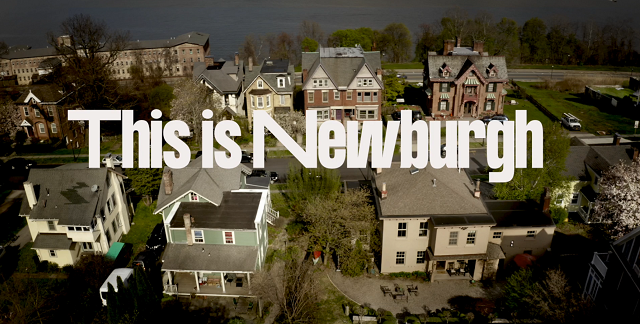Mini-D.C.’s: A small-city boom revitalizes downtowns once left for dead [WP]
Columbia grad students aim to improve Newburgh [THR]
Manufacturing Subject of ‘Made in Newburgh’ Lecture [NY History Blog]
Find Funding for Emergency/Intervention Preservation Projects [Preservation Nation]
Georgia’s Exceptional Main Streets Program [National Main St]
Newburgh Food Finds: Rostizeria El Gallo Dorado [Newburgh Food Journal]
Should Community Land Trusts Rank Higher in the Affordable Housing Toolbox? [Next City]
How Anchor Institutions like Hospitals and Universities Can Help Cities [City Lab]
Poloz’s prescription for unemployed youth: Work for free [Globe and Mail]
Tackling the world’s affordable housing challenge [McKinsey Global Institute]
Add your own photos depicting city life to the Newburgh Restoration flickr pool to be used on the blog, or email me. **Flickr users please do not forgot to remove disabling of downloading of pictures. Otherwise I can’t use them*








A couple of common themes in this weeks ‘Roundups’. One being the ‘now what?’ after the revitalization of commercial downtown districts and the persistent lack of “opportunities” necessary to fill the vacant housing stock.
Second is the creep of .gov into the ‘free’ markets, i.e. “keeping housing affordable”, “leverage the potential of (non-profit) anchors”, ‘suggesting young people ought to consider unpaid work’, “requiring governments to take stock of existing housing…” and, last but not least, “…basic financial processes must be implemented in each country to allow potential owners to investigate the viability of housing.”.
Well, central planning eliminates price discovery where in subsidizing any thing only inflates its price… be it housing, education, healthcare etc. and passing it down as internal colonialism doesn’t change that. Accessibility is not the same as affordability and is a means to obtaining the desired answer by changing the equation.
A word about CLTrusts…they generate income through ‘maintenance’ fees (the CLT is responsible for the property not the improvements, aka houses), ‘skimming’ off resales, penalties on building violations and evictions. Essentially CLTs are termed “affordable” because the value of the land is not included in the purchase and hence taxes are assessed only on the house. However, as the assessment on the land is increased these costs are transferred to the residents as well. Further, because of price controls, “fair value” on resales is limited.